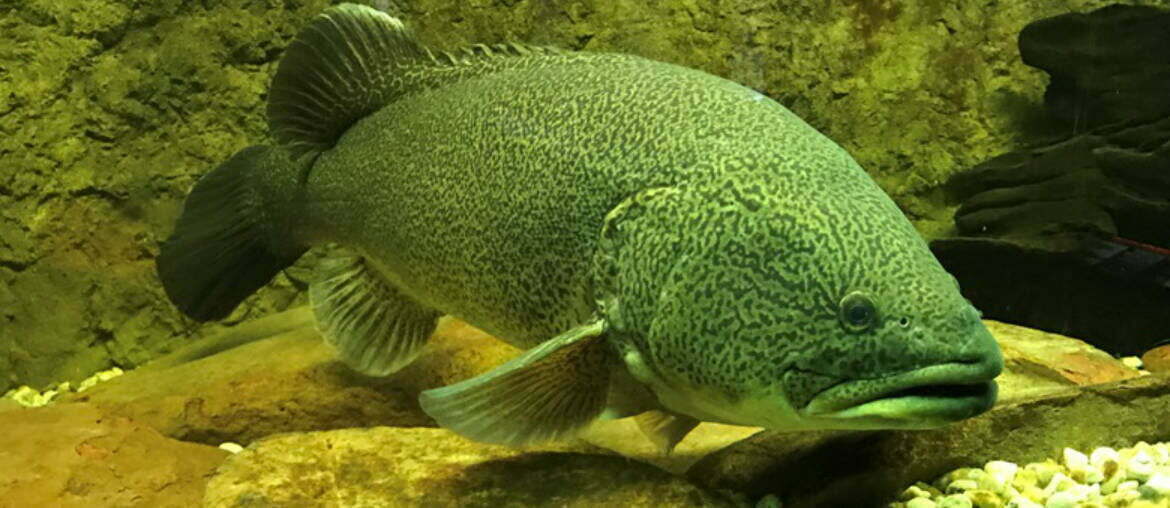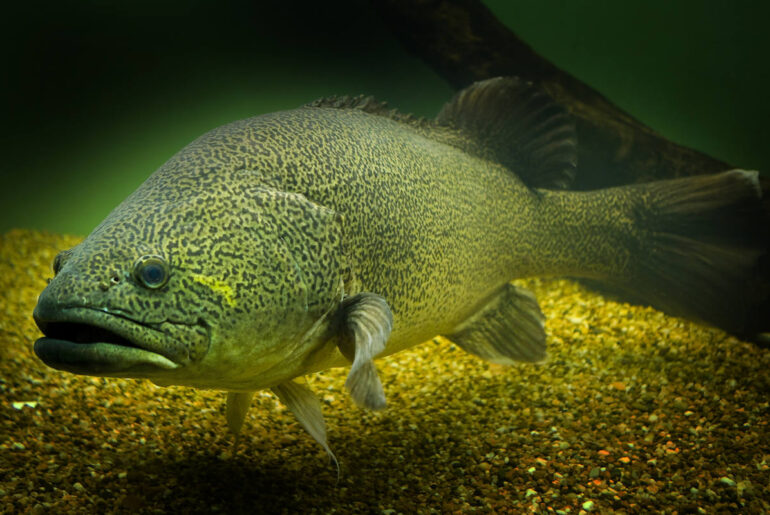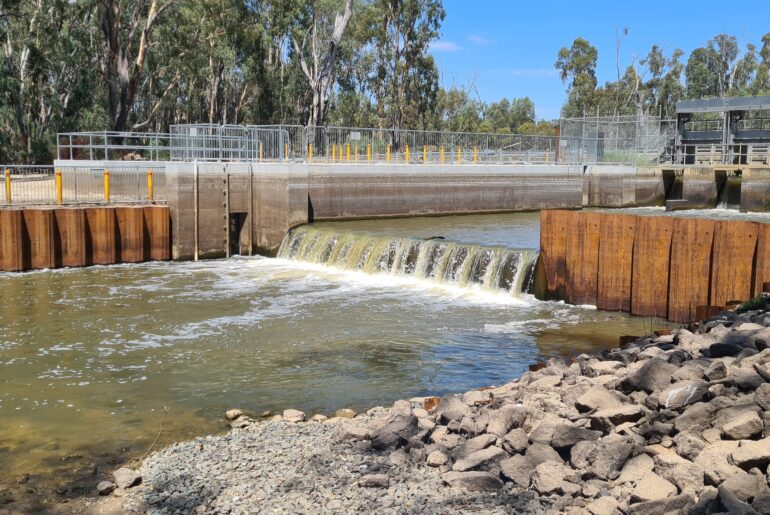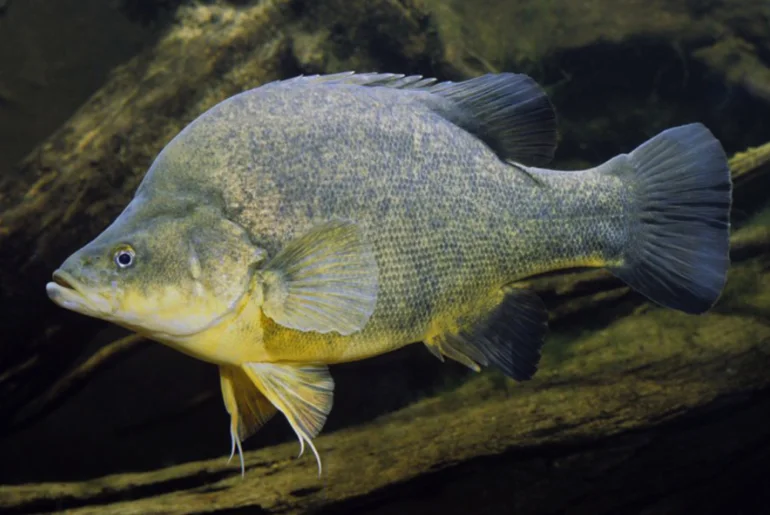Fish ‘personality’, or behaviour, can influence the likelihood of survival in the wild when faced with predators or unfamiliar threats.
It is well-known that the native Murray cod that are bred in captivity and released into the wild have low survival rates, however, the exact causes of this remain under-researched. A recent study published in January this year has found some potential causes behind the difficulties of introducing hatchery-bred Murray cod into rivers in the Murray Darling Basin. These include differences in behaviour and parasite infection levels between hatchery-bred and wild Murray cod (Shamsi, Rogers, Sales et al., 2021).
The endangered Murray cod is Australia’s largest freshwater fish, and can be found throughout the Murray Darling Basin, however, the species’ populations have seen large declines in recent years. Overfishing, environmental habitat changes, and pollution have had a detrimental impact.
The 2021 study measured the ‘boldness’ of around 100 Murray cod that had been raised either in captivity or in the wild. Boldness was measured by how likely each fish was to approach a potential threat or predator in the wild, whether the fish would emerge from a shelter with a threat nearby, and how much they explored a new environment. The study found that bold fish forage more frequently, grow faster, explore more environments and use shelters less, but consequently, suffer higher rates of predation and mortality as they take more risks.
The study indicated that hatchery-bred Murray cod were overall significantly bolder than wild Murray cod, with 70% of hatchery-bred fish emerging from their shelters in the presence of a threat, whilst only 10% of wild fish emerged.
Additionally, the study also explored the relationship between the presence of parasites in the fish and fish behaviour and boldness, to determine whether this had an impact on their behaviour. The effect of parasites, especially protozoan parasites, on fish behaviour is complex, however, the study found that those infected with protozoa had a variety of changes in personality, with some more likely to have bold behaviors than uninfected Murray cod. This contrasted with other parasitic infections in wild Murray cod that infected organs and restricted respiratory function, and resulted in lethargic behavior, as well as wounds on the skin that allowed bacteria to enter the body and create further infections, which can also change their natural behaviour.
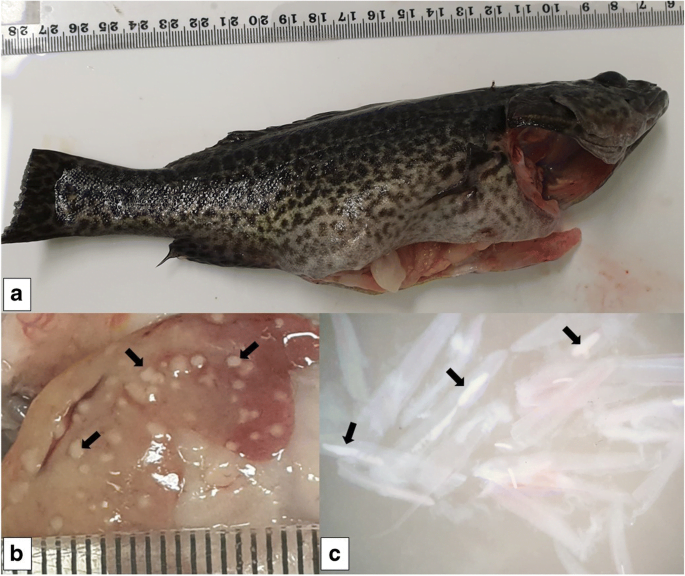
Infection with the parasite Lernaea copepods (a type of freshwater crustacean worm that lives in freshwater fish) generally resulted in the fish being less likely to approach a predator than uninfected fish. It is known that fish infected with this parasite are generally more inactive, so this could reduce their boldness in approaching predators. It is possible that wild Murray cod have adapted their behaviour to avoid approaching predators to reduce the likelihood of acquiring parasites and infections from other animals, so it is safer for them to stay in a shelter. Whilst, hatchery-bred Murray cod do not have this adapted behaviour, and so they are more likely to approach a predator without hesitating.
It is likely some of the differences in behaviour and boldness of hatchery fish compared to wild fish can be attributed to wild Murray cod having more interactions with parasites which have an impact on their behaviour.

Although stocking is important to protect native fish populations from extinction, especially in areas where fish kills and habitat degradation have reduced natural populations, it is essential that we also protect wild fish populations. As this study has demonstrated, wild fish populations are inherently adapted and suited to their environment, and have much higher chances of survival than translocated or introduced native fish. Protection of fish habitat from human-induced changes is one way of ensuring the survival of our native fish species, like the Murray cod. As explained by researcher Ellie Sales (OzFish) wild fish thrive when they have plentiful “snags, root systems and rock bars to breed, feed and seek shelter” so we need to maintain these structures in rivers to ensure our native fish have the highest chance of survival.
